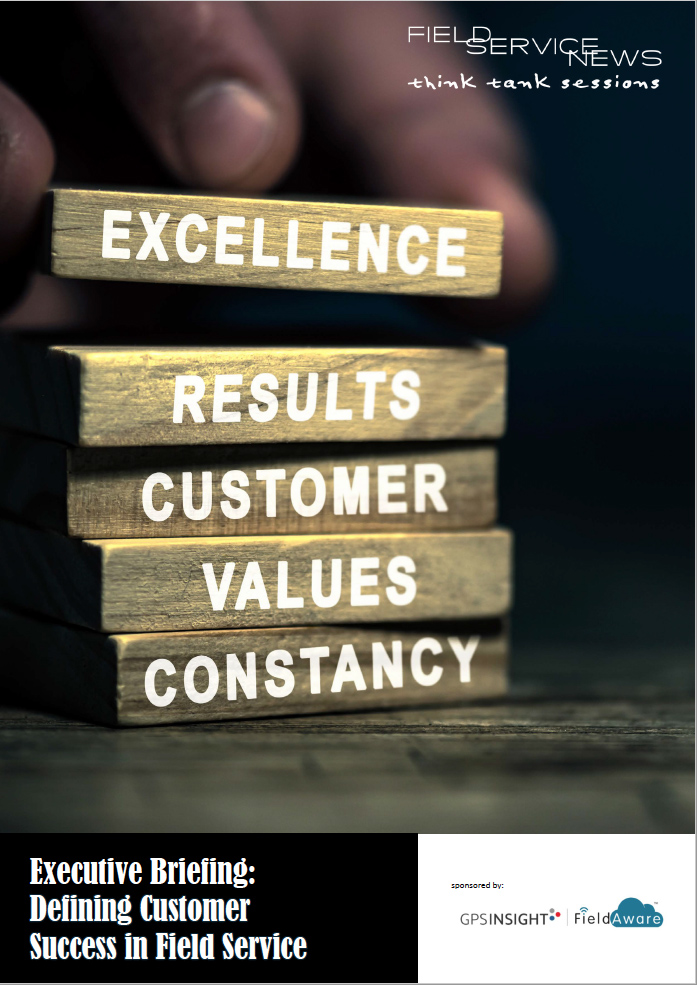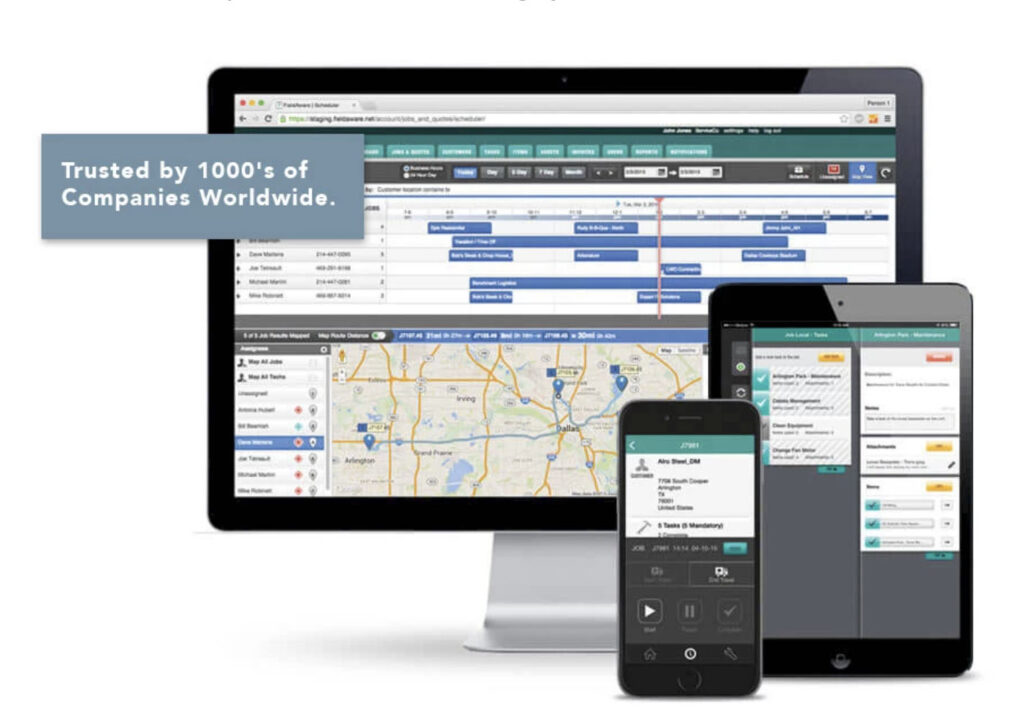Think Tank Session: Why Customer Success Matters
By pro-actively eliminating potential customer problems and pro-actively fixing those that arise, customer success gives your business a better chance at retaining customers and driving revenue.
To do this, it’s vital first to understand what customer success actually looks like.
“First of all, it’s about understanding and agreeing with your customer. What is success? What metrics track that success? Are you trying to move the needle, and if so, in which direction?” asks Jan van Veen, Managing Director, moreMomentum.
“Potentially, you don’t have access to the data that illustrates the success from your operations to prove it, but you can still have that process with your customer. So how does it look pragmatically in the software world, where they started making customer success a big strategy? They have a customer success manager,” Van Veen explains.
“As soon as you sign up for the software, they will do the onboarding, and they will have a discussion with you. What kind of objectives do you have? How do you work now? How well are you performing on that metric? It is an opportunity for them to initiate interaction where they can also ask you as a customer, what is important? Then as they follow up, they are there to ask, ‘how is this working?’ ‘How are you going to use the service or the tools we offer?’
“Then step by step, they are there to make sure that you use the software in the best way so that you see the results go up and that you have the evidence for it.
“So either the software company can provide you with the evidence, or they ask you to come up with metrics so that you as a customer can see the results – that is also part of demonstrating the value. Then where that comes together, after a couple of months, seeing the needle go up, guess who’s calling you, the account manager, to see if it’s not time to have more users using the software?
“Or what about these new features so that you can get more value, etc.
“I think looking at what software companies are doing with their customer success teams, can be quite insightful to see what you a service company can do with the same approach,” he adds.
“I think this is where I lean towards seeing customer success as part of that servitization bracket,” comments Kris Oldland, Editor-in-Chief, Field Service News.
“As we touched on earlier, I see customer success as the alignment of far more than just customer satisfaction, which can be driven out of pure operations.
“It is the alignment of different business layers, including, of course, sales, and that’s where I really see that kind of glue that is crucial to binding these different business functions all together.”
“You can’t expect the customer to have all the insights we may expect them to have,” interjects Chris Craggs, CEO, MCFT.
“We have to put ourselves constantly in their shoes, try and evaluate what is important, and then give feedback to them about the difference that we make in their lives.
“It can be different things from the finance team through to the engineering team. Because we’re talking about sales here, I guess ultimately, it brings you back into the servitization route.
“The product manufacturer is always trying to protect their brand, trying to make sure they’re in the running for renewal and replacement assets in due course, and trying to derive whole life revenue as they go – and they will achieve that if they can demonstrate success to the customer – so at it’s heart it remains something of a selling exercise,” Craggs explains further.
“Then the selling exercise is derived from a good understanding of what the machine does and what it needs to do for their customers’ customer. So in our world at MCFT, an ice cream machine.
“Our machine working and our service providing uptime means that our customer’s customer is coming in and being happy with our customer’s product. So it’s just understanding the market dynamics. Procurement departments are often just driven by price and have contracts for preferred supplies. So, part of the mission, apart from the elimination of procurement departments is making sure that there’s sufficient ammunition in operations that they can get that point across to say, ‘this is why it’s worth it because look at the revenue that I’ve helped save or generate’.”
Indeed, as Tony Chapman, General Manager, Customer Services, Siemens Digital Industries neatly and succinctly surmised as we discussed the topic further, knowing the true value of your service to your customers is essential.
“Do you know, internally, what your business is doing for your customer? If you don’t understand that you’ll never get to a customer success discussion,” Chapman asks.
“How are you impacting your customers with your service?”
In the final feature in this series, we hear from Marc Tatarsky, Senior Vice President Marketing, GPS Insight/Fieldaware who offers an excellent summary of the day’s conversations and his guidance on the key considerations for field service organisations seeking to embrace customer success as a model of service delivery.
Want to know more and can’t wait? FSN subscribers can access the full Executive Briefing Report from this session via the button at the top of this article.
This edition of the Field Service ThinkTank Sessions is sponsored by FieldAware

![]()
Data usage note: By accessing this content you consent to the contact details submitted when you registered as a subscriber to fieldservicenews.com to be shared with the listed sponsor of this premium content FieldAware/GPS Insight who may contact you for legitimate business reasons to discuss the content of this briefing report.

See FieldAware in action by requesting your demo now.
FieldAware is a top-rated mobile field service management software that lets you easily schedule and dispatch field workers, assign jobs, invoice customers and more.


